Fertilizing Raspberries and Blueberries
KerenR
11 years ago
Related Stories
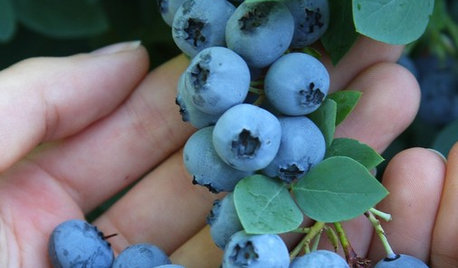
EDIBLE GARDENSSummer Crop: How to Grow Blueberries
Plant blueberries in spring or fall for garden beauty through three seasons — and a sweet superfood in summer
Full Story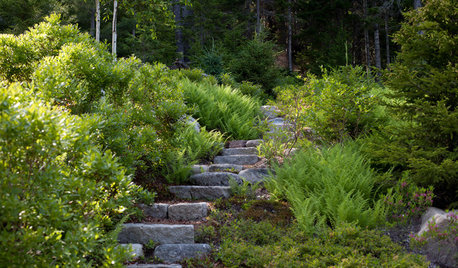
GARDENING GUIDESGreat Design Plant: Grow Blueberries for Their Fruit and More
Eastern gardeners should consider growing blueberry plants for their delicious fruits, bee-friendly spring blooms and brilliant fall foliage
Full Story
GARDENING GUIDESHow to Keep Your Citrus Trees Well Fed and Healthy
Ripe for some citrus fertilizer know-how? This mini guide will help your lemon, orange and grapefruit trees flourish
Full Story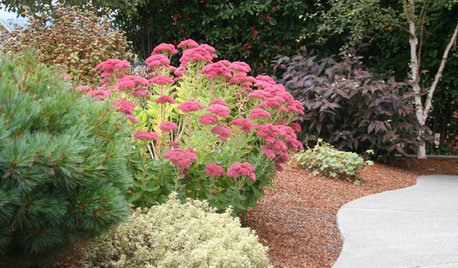
GARDENING GUIDESPacific Northwest Gardener's August Checklist
Deadheading perennials, cutting raspberry canes and preparing for the onion harvest keeps Northwest gardeners busy in August
Full Story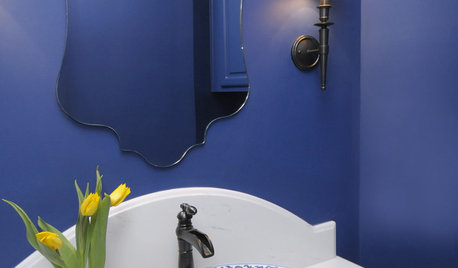
BATHROOM DESIGN8 Bold Paint Colors for Your Powder Room
Turn your powder room into a exclamation point with a bold shot of red, raspberry, hyacinth, rich brown or stormy blue
Full Story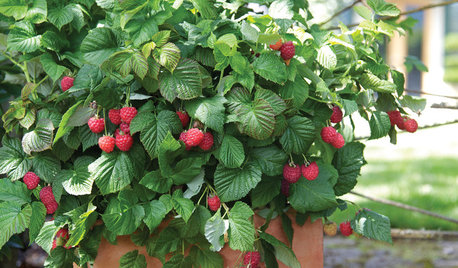
CONTAINER GARDENSPatio-Perfect Berry Bushes Like You’ve Never Seen
Small enough for pots but offering abundant fruit, these remarkable bred berries are a boon for gardeners short on space
Full Story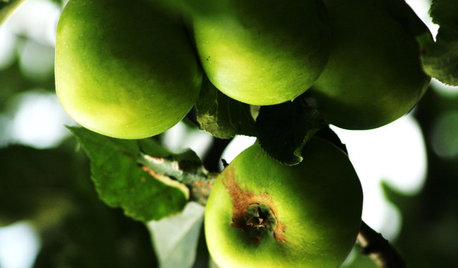
EDIBLE GARDENSHow to Add an Apple Tree to Your Edible Garden
Readily available, beautiful and fragrant, apple trees offer four-season interest along with crisp, juicy fruit
Full Story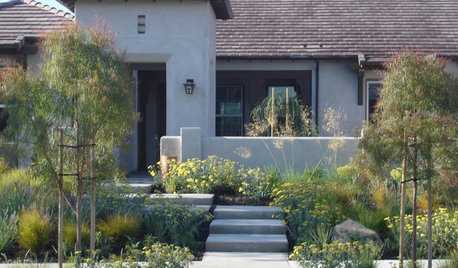
LANDSCAPE DESIGNGet Along With Less Lawn — Ideas to Save Water and Effort
Ditch the mower and lower your water bill while creating a feast for the eyes with diverse plantings and gathering places
Full Story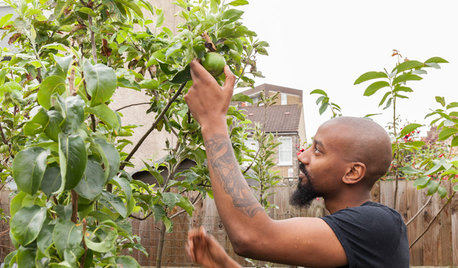
GARDENING GUIDESLush, Foodie Abundance in a Small Urban Garden
This modest backyard garden provides its owner with fruit and vegetables all year round, thanks to an innovative low-maintenance approach
Full Story
COLORDip Into Sherbet for Summer Color Ideas
Look to icy treats in a rainbow of colors for room palettes that please many tastes
Full StoryMore Discussions







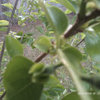
bamboo_rabbit
ericwi
Related Professionals
Cottonwood Landscape Architects & Landscape Designers · Glendora Landscape Architects & Landscape Designers · Leawood Landscape Architects & Landscape Designers · Clermont Landscape Contractors · Gainesville Landscape Contractors · Berkeley Heights Landscape Contractors · Dudley Landscape Contractors · Fruit Heights Landscape Contractors · Hurricane Landscape Contractors · New Baltimore Landscape Contractors · Royal Oak Landscape Contractors · Setauket-East Setauket Landscape Contractors · Vallejo Landscape Contractors · Wheat Ridge Landscape Contractors · Eastlake Landscape ContractorsKerenROriginal Author
Bradybb WA-Zone8
ericwi
bamboo_rabbit
ericwi
KerenROriginal Author
bamboo_rabbit
DWD2
Doglips
ericwi
jean001a
KerenROriginal Author
ahajmano
Bradybb WA-Zone8
bamboo_rabbit
ahajmano
gerry123
drew51 SE MI Z5b/6a
compliance
drew51 SE MI Z5b/6a